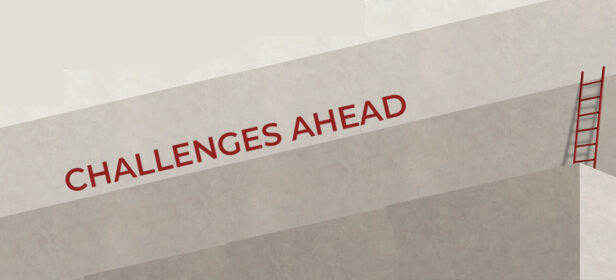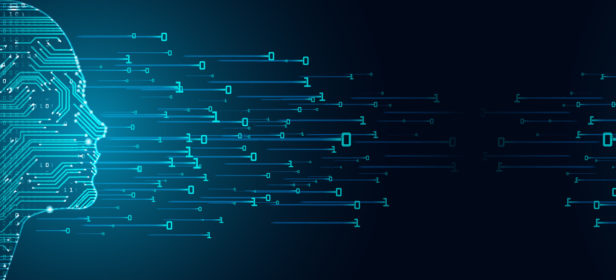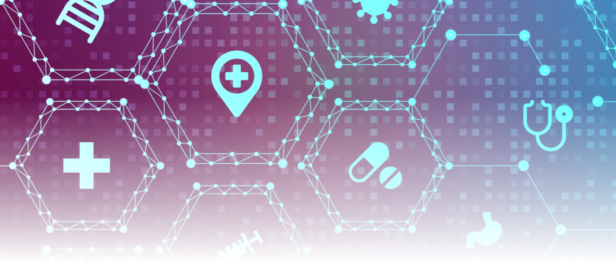The Gist
It’s one thing to talk about what your automation, AI, or other technology can do. But, it’s another thing entirely to put it into action and demonstrate its value. At AKASA, we believe in a research-first approach, which prevents us from putting the cart before the horse and forces us to ground our claims in reality. Let’s see what this looks like in action.
There’s a lot of buzz around AI in human health and healthcare, and many companies often overhype what their technology can actually do. It’s a lot harder to conduct research to validate what the algorithms can do and be transparent about exactly how they work.
AKASA’s research-first approach challenges others in the industry to be more transparent about how their solutions provide ROI to healthcare’s back office. Through our research, we’ve shown how our technology can help eliminate onerous tasks that contribute to burnout and bloated healthcare spending.
Collaborative Research for a Greater Good
Today, we’re excited to announce AKASA is collaborating with the world-renowned Cleveland Clinic to study how AI and machine learning (ML) can improve workflows, specifically examining how to develop new ML-based AI algorithms for cardiac MRI imaging.
COVID-19 created undue stress and intense work scenarios that overburdened the healthcare workforce. Employee burnout increases the likelihood of errors, which in healthcare ultimately compromises the patient experience.
Compounding this issue, physicians are already short on time — receiving dozens of imaging reports per day.
With these challenges, the team is looking into how well-designed AI- and ML-powered automation can assist current workflows to help alleviate the burden of physicians, ultimately aiming to reduce diagnostic errors and stave off burnout.
The reduction of “information overload” on physicians can help them better steer their time and focus more on patients.










